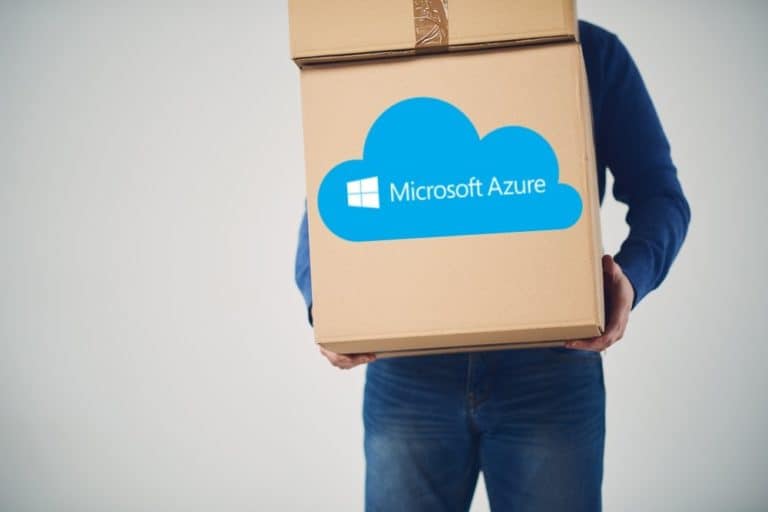Microsoft wants to help developers build more intelligent apps on Azure. To achieve this, the company has unveiled several new opportunities for Azure, which revolve around software containers, quantum computing and identity management.
Microsoft is trying to make its Q# programming language for building quantum-based apps more accessible, writes Silicon Angle. Q# is designed to be a native-type system for quantum computing constructions such as qubits and other abstractions. Now Microsoft is making a series of new Q# compilers and simulators open source, hoping that the community of developers who use the language will grow.
Azure Active Directory, the identity management system for enterprises, is also becoming more accessible now that it has landed at GitHub. The idea is to make Azure AD available to GitHub Enterprise users so that they can use the identity access controls on the different systems they use.
Azure will also become more scalable for Artificial Intelligence (AI) driven apps, with the addition of a new Hyperscale (Citus) option in Azure Database for PostgreSQL. The option was already available with Azure SQL Database Hyperscale. The feature works by scaling up compute, storage, and memory as needed, which means developers can build apps that need a lot of resources without having to worry about performance issues.
Elections
Microsoft has also announced new software that governments can use to secure elections. With all the fuss about Russian interference in the last U.S. presidential election, the company now argues that new technology can play an “important role” in helping to secure elections and prevent such abuses.
The software is called ElectionGuard and is free. The software is designed to secure specific voice systems. ElectionGuard is an open source software development kit that can be used to secure and verify voting systems. The kit will be available at GitHub this summer. Microsoft claims to have collaborated with various providers of election technology to make a pilot of the service.
This news article was automatically translated from Dutch to give Techzine.eu a head start. All news articles after September 1, 2019 are written in native English and NOT translated. All our background stories are written in native English as well. For more information read our launch article.